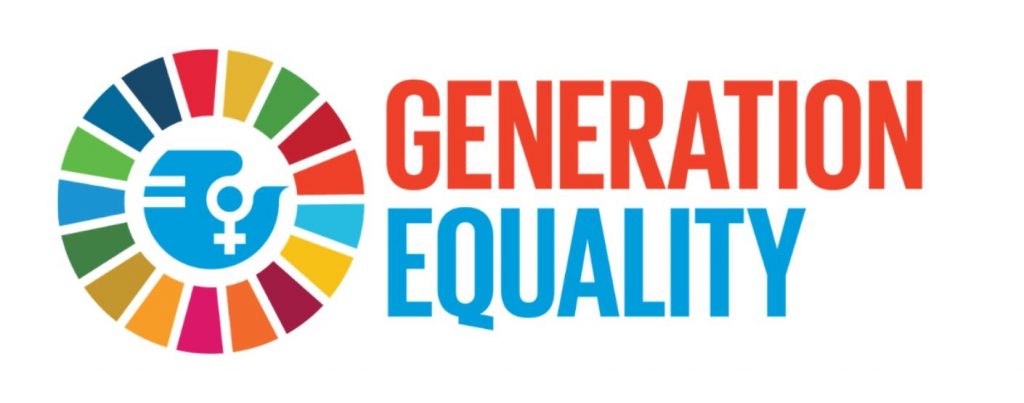
Gender Equality at the Centre of Solutions
CSW66 Global Youth Recommendations: Youth, Gender, and Climate
Early 2022 I was lucky enough to be part of the volunteer team for UN Women’s Youth-Led Regional Conversations, specifically on climate change and links to gender. I spoke to a Year 11 (15-16) Geography and Global Citizenship class of around 15 students, in which we asked questions about their experiences of climate change, their opinions on how the UN can take action and who they think is missing from the discourse around climate change. A similar procedure to this was carried out in more than 25 communities and across six regions (North America, Latin America and the Caribbean, Europe and Central Asia, Africa, South West Asia and North Africa (SWANA), Asia and the Pacific regions).
The answers and opinions collected from each consultation were gathered and used as the basis for the CSW66 Global Youth Recommendations.
“This revised document of youth recommendations provides suggestions for additions and amendments to the language of the Working Text. If adopted, we envision that the CSW66 Agreed Conclusions will facilitate urgent and concrete climate action that centres women, girls, and youth, in all their diversities.”
Summarised Recommendations:
Inclusion of Women, Girls, Youth, and Underrepresented Groups in Decision Making
- Co-leadership, co-creation and co-ownership of youth, especially girls, Indigenous, vulnerable and marginalized at all levels of decision making, for example, Small Island Nations.
Decolonizing Climate Change
- Recognize historical responsibilities of Global North countries in climate change and gender inequalities; tackle discrimination at all levels.
Human Rights and the Women and Youth Peace and Security Agendas
- Protect women, girls, and youth who are climate and human rights defenders and risk their lives.
Gender-Based Violence, Migration, and Trafficking In Persons
- Recognize the intersectionalities of age, sex, gender, race, caste, ability, etc; climate change causes distress migration and increases vulnerabilities to gender-based violence and human trafficking.
Quality Education
- Universal climate education; eliminate gender-based discrimination; include Indigenous knowledge in curricula; digital literacy; simplify language and support girls in Science Technology Engineering and Mathematics (STEM).
Sexual and Reproductive Health and Rights (SRHR) and Sanitation
- Include comprehensive sexuality education in school curricula; ensure menstrual health, and guarantee access to contraception; support access to hygiene and physical and mental health services.
Green Jobs, Decent Work, and Social Protections
- Invest in youth-led organisations; recognize the care economy including domestic work, child-rearing and unpaid non-care work; end forced labour and guarantee worker rights; prevent and address workplace harassment; approve laws to guarantee parental leave.
Disaster Risk Reduction and Loss and Damage
- Teach basic life skills, like swimming to girls so they have more chances to survive in case of floods, tsunami etc.; reduce the risks of environmental disasters by planning inclusive policies together with different sectors; invest in housing and infrastructure to build local solutions; limit the global average temperature rise to 1.5°C above the current pre-industrial level.
Food, Agriculture, and Land Rights
- Protect the community and individual property rights; reclaim the land that belongs to native communities; recognize the important role of women farmers; guarantee food security and seed sovereignty.
Water and Energy
- Universal access to natural resources and electricity; protect biodiversity; build sustainable infrastructure; abandon fossil fuels; and reduce carbon emissions.
Data, Research and Knowledge
- Collect gender-sensitive data so that solutions can be based on evidence; address misinformation; centre the lived experiences of people and communities that are most affected.
Funding, Resourcing, Accountability, and Transparency
- Create funding and resourcing accessible; ensure youth are participating in assessments, transformative processes and the implementation of CSW outcomes.
